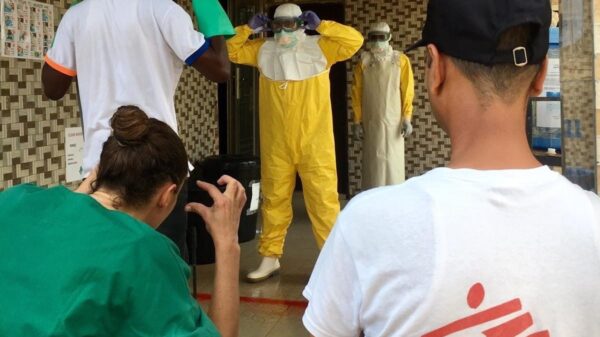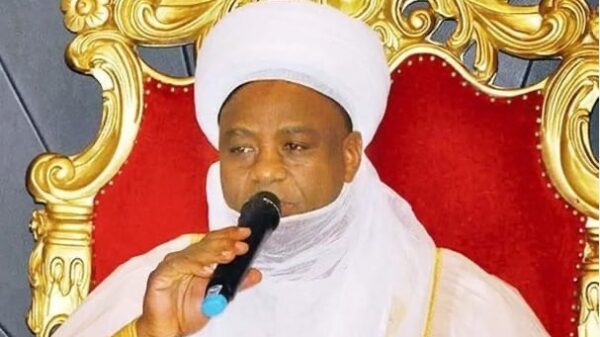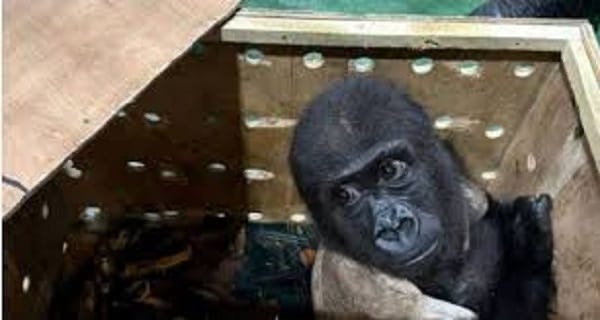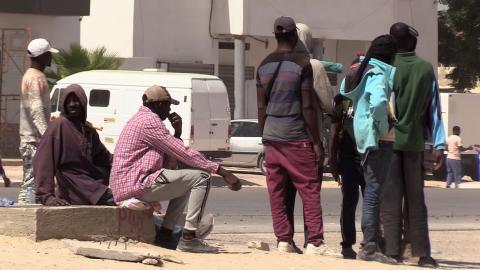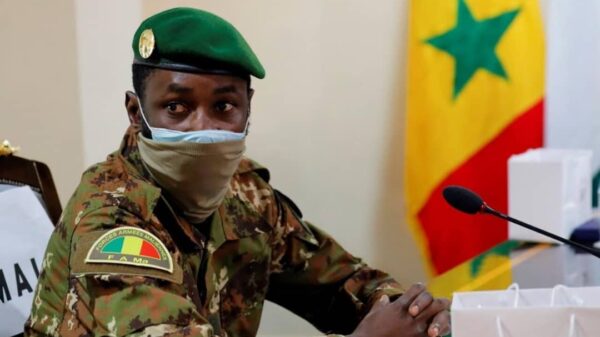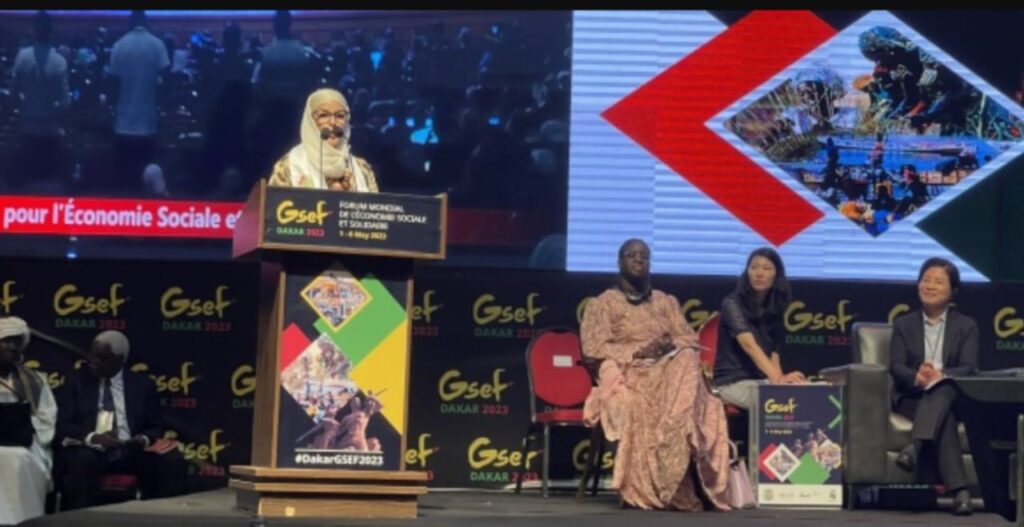Experts attending the sixth Global Social and Solidarity Forum (GSEF) in Dakar have urged governments to create conditions and strategies conducive to women’s empowerment.
Women’s growing contributions to households, goods and services production systems, and economies remain largely unrecognized, both in Africa and the rest of the world, despite these being significant: African women represent 61.9% of the economic activity rate, 70% of the agricultural workforce and provide 90% of all food on the continent (OECD).
According to the vice-president of the Network of Local Elected Women of Morocco, Fatma El K’hiel, it is possible to create income generating activities through the social and solidarity economy (SSE).
In this respect, she urges local governments to support women in particular.
“We have to guarantee a decent income which enable people to live in dignity and to assume our responsibilities as elected officials,” she said while participating in a session dedicated to women and youth at the Gsef in Dakar.
The Moroccan female official said the mayors and other elected officials have an obligation to be “faithful to their voters, to their population” to prepare them for the kind of social cohesion conducive for a strong social and solidarity economy mechanism.
She said mayors have a frontline position which they can use to encourage their respective governments to engage global reflections and develop general strategies and public policies.
Imen Ouardini is a Tunisian activist and expert in the field of SSE. Taking part in another panel on “Blue, green and digital economies: what achievements in terms of Social and Solidarity Economy?”.
She believes that the SSE, as the economy of the territories and the community, is a tool for learning about citizenship and cooperation.
“It is necessary to develop participatory and efficient intervention strategies that allow to strengthen the socio-economic integration of the populations and to achieve a great equality between the territories and even between the populations,” Imen told the audience at the Grand Theatre of Dakar.
Imen sees he blue economy of solidarity as an umbrella concept that associates the social and solidarity economy and the blue economy, particularly around tourism.
She reckoned that the blue economy solidarity would be a generator of activities and jobs mainly in coastal areas while highlighting the importance of local government and civil society for the dynamism of the social economy and solidarity and blue economy in the region.
Considering the solidarity and social principle of microfinance, many female experts who attended that session, stressed that the social and solidarity economy can help women and youth boost their income.
They recognize that many African cooperatives are neither strong nor creditworthy with banks while gender inequality limits women’s successes in various sectors, particularly in economics and politics.
On her part, Ms Marie-Lucienne Rattier, delegate advisor in charge of digital development, territorial collectivity of French Guiana, explained the access to credit opportunities in her country to support young entrepreneurs.
“The Guyanese financing model for the training activities is based on a private-public partnership which involves the local, private, and public actors while seeking alternative public and private funding to promote the innovation,” she said.
They bemoaned the fact that for decades, women have listened to speeches, declarations of intent but have ended up organizing themselves by their own means in their territories, in their families using what nature offers.
Therefore, they call for a larger women’s political representation to pave their way into decision-making circles.
The six-day Dakar GSEF (1-6 May) has put together about 6000 participants from all the continents. The three first days were dedicated to Youth and Women pre-forums. The main event discussed various themes related to the social and solidarity economy.
The GSEF is a global network of local governments and civil society stakeholders committed to promoting the SSE as a path to a “different economy” for the benefit of all, a means for empowering local development, centered on social and environmental issues.







